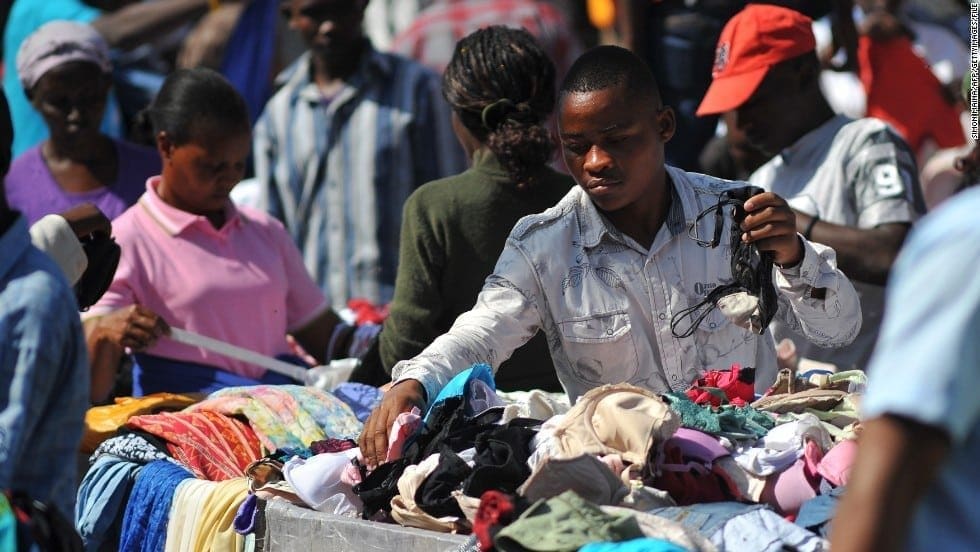It was reported on the Ugandan news website ‘Monitor’ on Friday, August 25, 2023, that President Yoweri Museveni had declared a ban on the import of second-hand garments, which would go into force on Friday, September 1, and be part of an attempt to bolster the local textile manufacturing business.
According to Monitor, the President of the country made the following statement: “I have declared a war on second-hand clothes in order to promote African wear.” In order to facilitate the creation of new employment in the textile industry, we are going to put an end to the importing of used clothing. I will run over anyone in my path because I have no patience. Used clothing will no longer be permitted to enter the nation under any circumstances.
The president was sending a powerful message by banning it all. Everything from undergarments to bedsheets, towels, and tea towels, as well as clothing. This ban runs counter to the promise of responsible, local manufacturing and of protecting the country’s climate and its environment by, for example, prioritising regional craft and the development of natural fibres. Because Uganda is completely dependent on the import of textiles, and because these secondhand clothes make up more than 80% of all purchases in the country, Uganda is completely dependent on the import of textiles.
Despite this, the people who live there believe that everything that they are able to cultivate in Uganda has a future, including bamboo, hemp, cotton, and silk, but for this to happen, they need attention and investment. Pineapples grown in Uganda may also be processed into fibres. Upcycling, recycling, and reusing are all now common practices in the community. And the moment has come to make investments in those areas to determine how they might develop fibre-to-fibre procedures in addition to their local textile companies that manufacture materials utilising trash.

